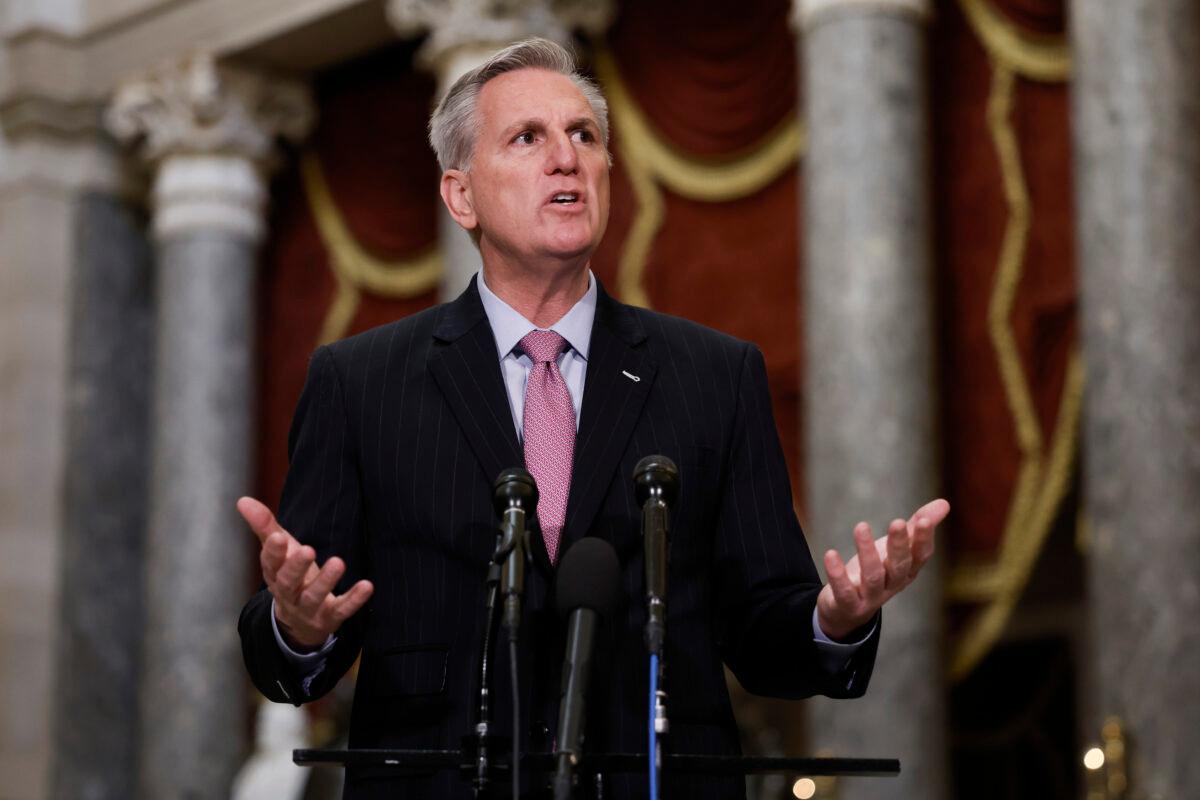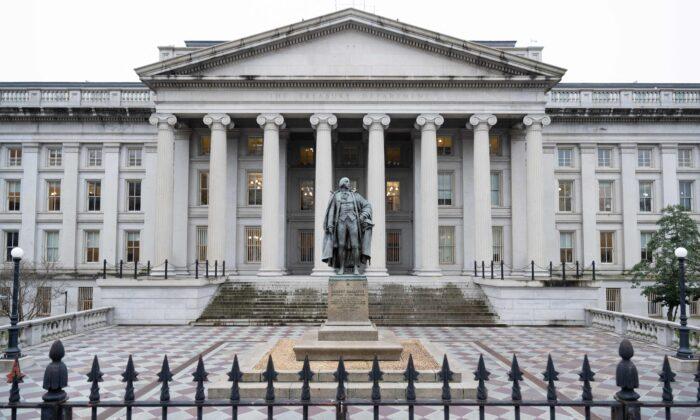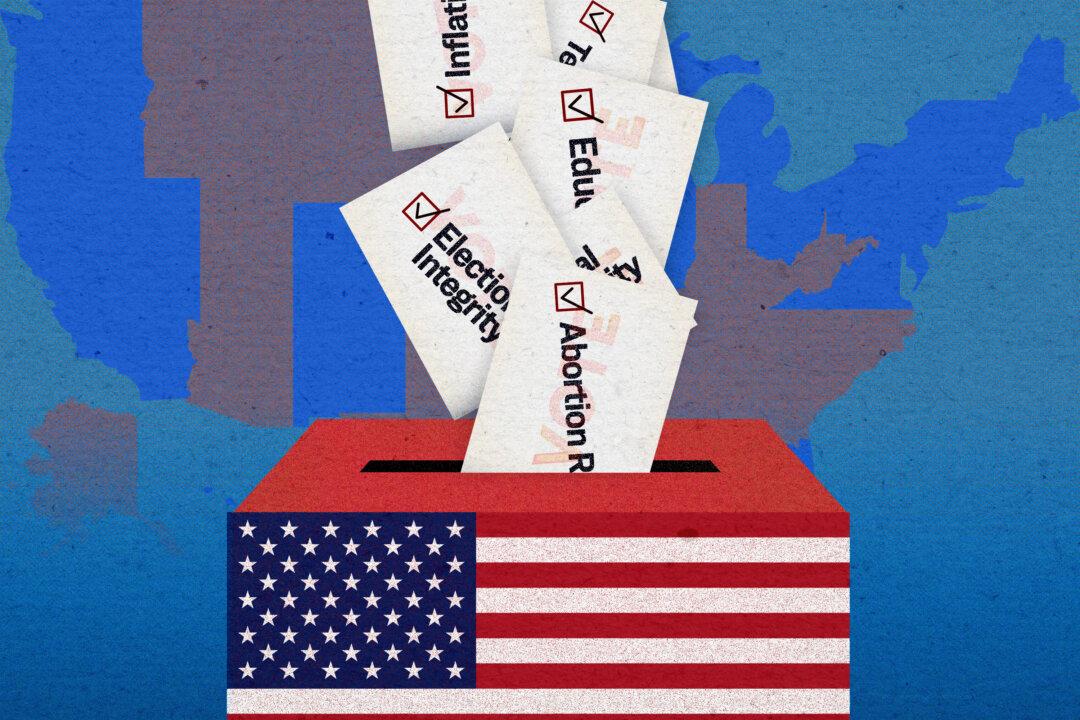The United States will run out of existing funds to pay the nation’s bills within seven months unless Congress raises the debt ceiling, a bipartisan group confirmed on Feb. 22
The “X Date” when the government will have to begin delaying some payments can’t be predicted with certainty, according to the Bipartisan Policy Center (BPC), but will likely come in summer or early fall of 2023.
“Today’s X Date range reflects, in part, the considerable uncertainty in our nation’s current economic outlook,” said Shai Akabas, the BPC’s director of economic policy.

“Policymakers have an opportunity now to inject certainty into the U.S. and global economy by beginning, in earnest, bipartisan negotiations around our nation’s fiscal health and taking action to uphold the full faith and credit of the United States well before the X Date.”
Akabas’s finding confirms the projection made Feb. 15 by the Congressional Budget Office (CBO).
“If the debt limit remains unchanged, the government’s ability to borrow using extraordinary measures will be exhausted between July and September 2023,” CBO director Phillip Swagel said.
The debt ceiling is the statutory limit on the total amount of debt the government can have at any one time. The current ceiling is $31.4 trillion, established by Congress in December 2022.
That limit would have been breached on Jan. 19 if U.S. Treasury Secretary Janet Yellen had not taken “extraordinary measures” to keep the country solvent until early June.
Swagel said that additional extraordinary measures would likely keep the country below the limit until sometime between July and September, depending on the amount of tax revenue received this spring.
House Speaker Kevin McCarthy (R-Calif.) has said Congress will not consider raising the debt ceiling without some concession on future spending by Democrats.
President Joe Biden has consistently said he will not negotiate over the debt ceiling because failure to raise it would put the “full faith and credit” of the United States at risk.
Both parties have consistently stated that they will not consider changes to Social Security or Medicare in resolving the impasse.






Friends Read Free